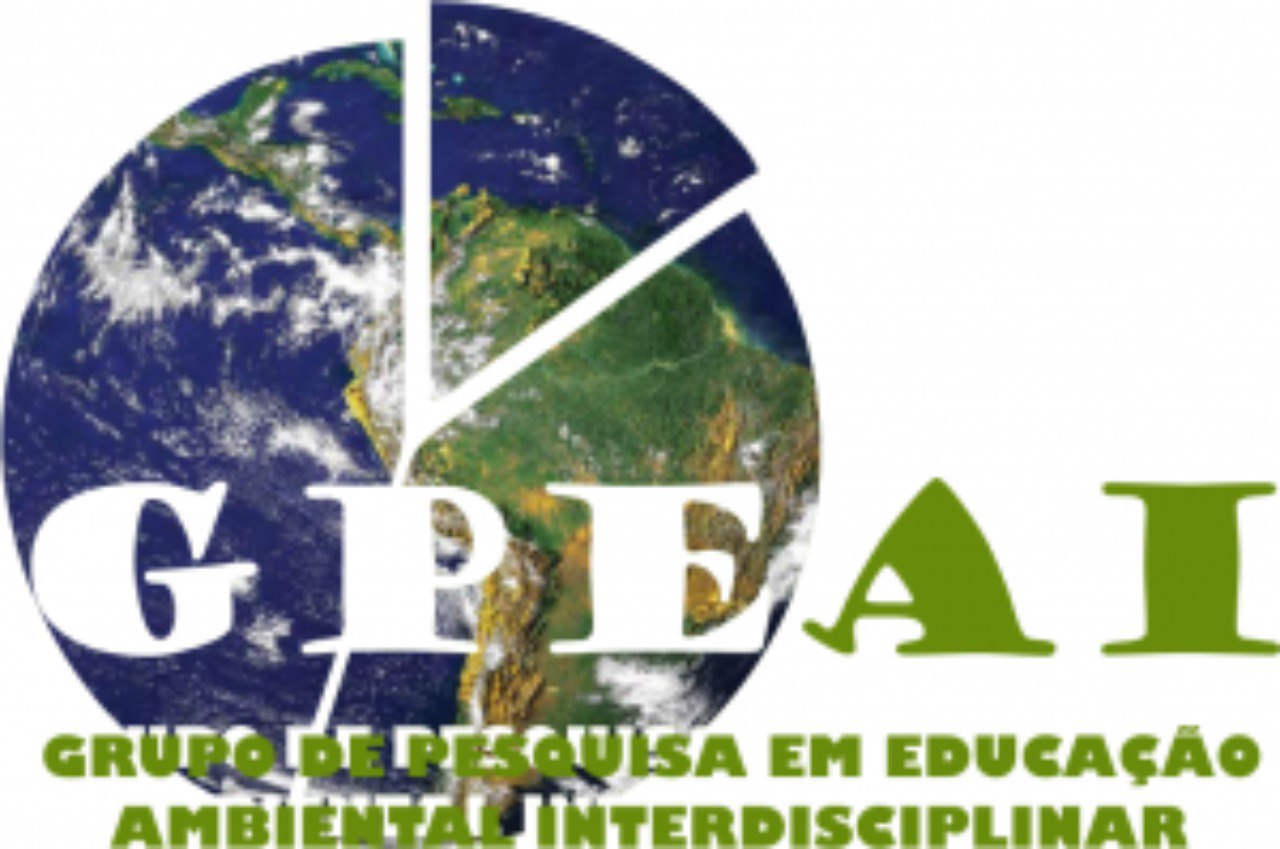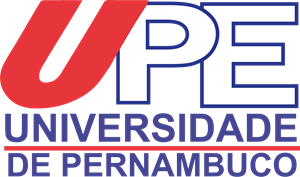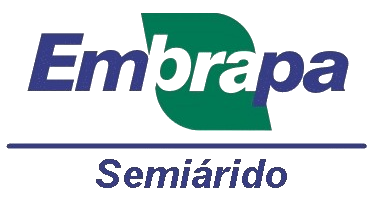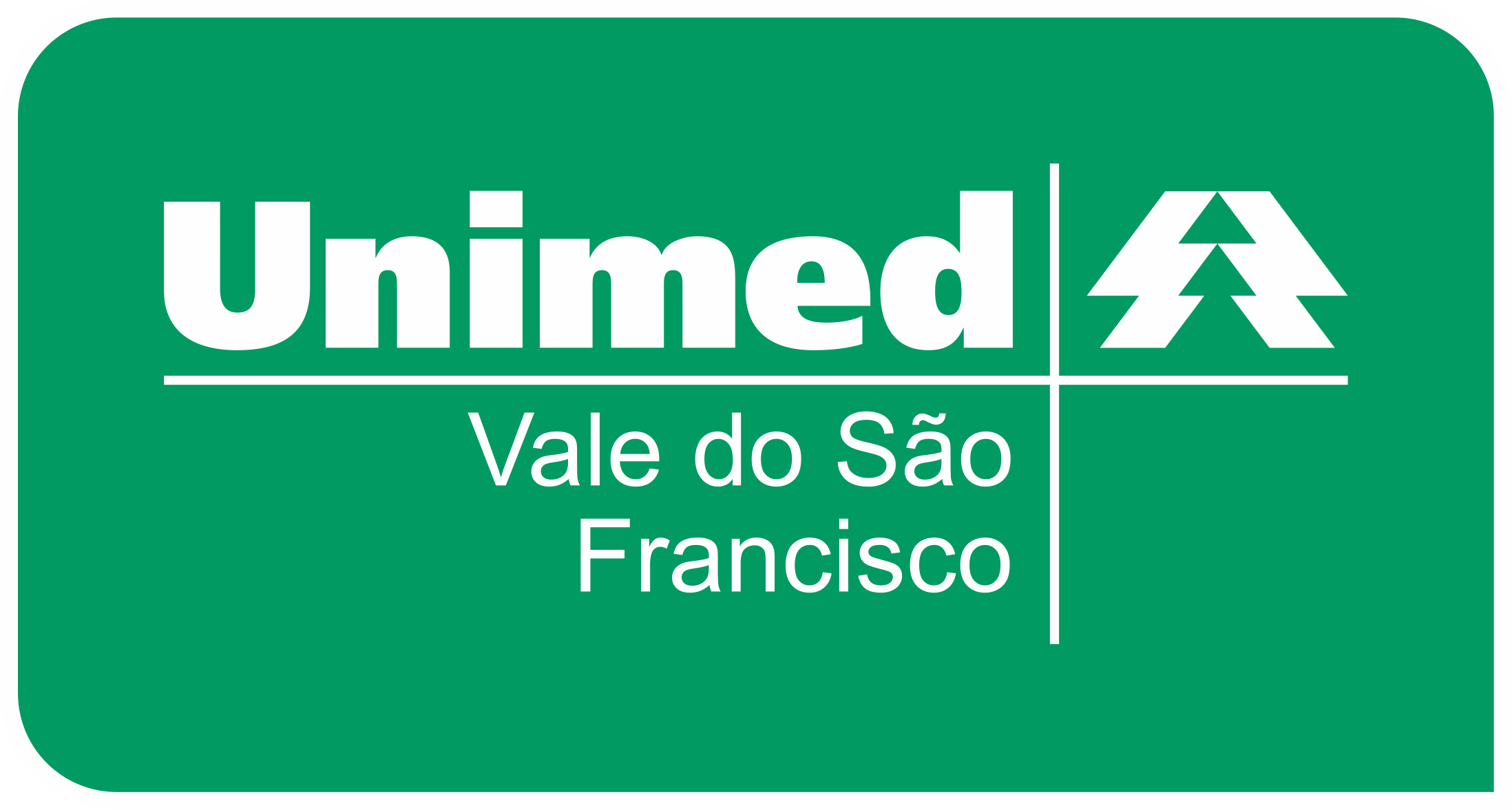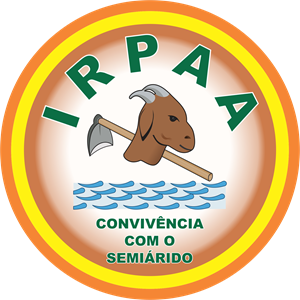FOOD WASTE MANAGEMENT AND THE CIRCULAR ECONOMY IN THE BRAZILIAN SEMIARID
Keywords:
Biofertilizer, Organic compost, Composting plant, Leftover food, Sustainable development goalAbstract
The circular economy contrasts with the current production system, to assess the impact of products and reduce waste generations. The Federal University of the Semi-Arid Region (UFERSA), located in the municipality of Mossoró, Rio Grande do Norte, has a university restaurant responsible for serving around 1,600 daily meals. A large amount of food waste generated, about 50-80 kg/day, mainly composed of the leftover food, has required the development of processes aimed at its sustainable reuse. In this study, we applied the circular economy concept to propose an adequate food waste management system. This integration system included: (i) the training of employees on waste management, (ii) the construction of a thermophilic composting plant, and (iii) transportation logistics for organic waste collection and distribution of organic compost and liquid fertilizer. The thermophilic composting plant built consists of eight polyethylene cylinders with a fiberglass cover. Each cylinder has a diameter of 1.1 m and a height of 1.0 m and a processing capacity of up to 50-80 kg of food waste/day. The composting plant contains a PVC tube drainage system, connecting all cylinders and a 500 L collection box, for the temporary storage of the liquid fertilizer. The following parameters of the organic compost must be monitored and corrected weekly, when necessary: pH, humidity, and temperature. In suitable conditions of operation of the thermophilic composting plant, the production of 2,500 kg of organic compost is expected every 100- 120 days, depending on the composition of the waste and climatic conditions. It is important to highlight the need for frequent educational campaigns to sensitize university students in reducing the amount of food waste in a university restaurant. Composting food waste contributes to fuel savings and reduction of carbon dioxide emissions, since this waste, which was previously transported to the landfill, will be treated at the university itself. The composting plant also contributes to the useful life of the landfill and to reduce spending on the purchase of organic compost and liquid fertilizer, used in the university experimental farm and afforestation. Thus, with the savings generated by the production of organic compost, the university will be able to offer free meals to a larger number of poor students, contributing to the Sustainable Development Goal 2: end hunger and promote sustainable agriculture.
Downloads
Downloads
Published
Versions
- 2022-10-26 (2)
- 2022-09-05 (1)
Issue
Section
License
Copyright (c) 2021 Green Journal

This work is licensed under a Creative Commons Attribution-NonCommercial-NoDerivatives 4.0 International License.





















